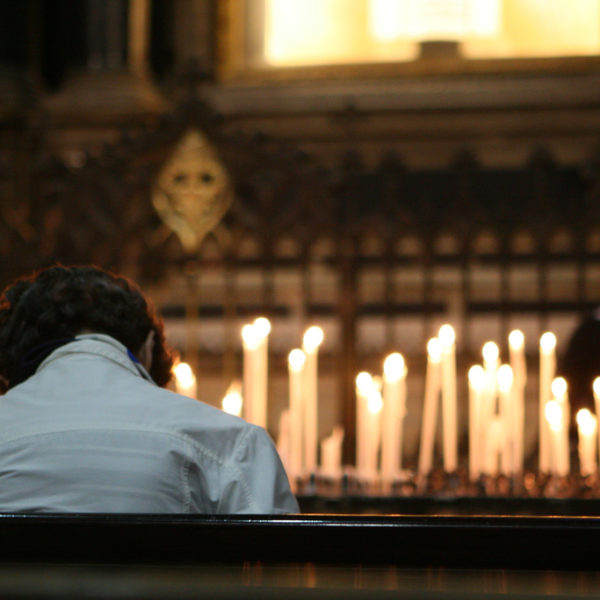
Last month, speaking to a crowd in St. Peter’s Square, Pope Francis declared that “to torture persons is a mortal sin. A very grave sin.” Relating his comments to the United Nations’ International Day in Support of Victims of Torture, the pope condemned “every form of torture and invite[d] Christians to commit themselves to work together for its abolition and to support victims and their families.” These exhortations paint a very different picture than UN Committee Against Torture findings on the Vatican’s handling of sexual abuse within the church.

The debate in the United States over the Convention on the Rights of Persons with Disabilities earlier this month brought to the fore the issue of state sovereignty. Since Pope John XXIII’s encyclical Pacem in Terris, Catholic social teaching has taught that an international political authority is necessary to solve today’s global problems, but also that such an authority must be limited, respecting the legitimate authority of states. This post outlines this teaching, pointing out the inherent tensions present in it.



